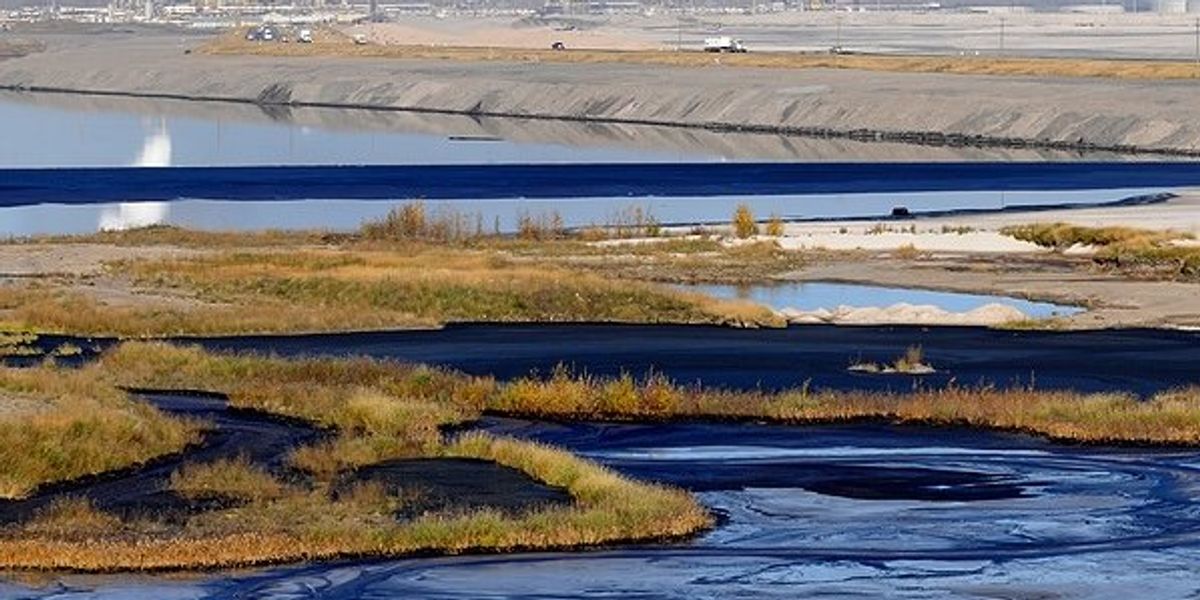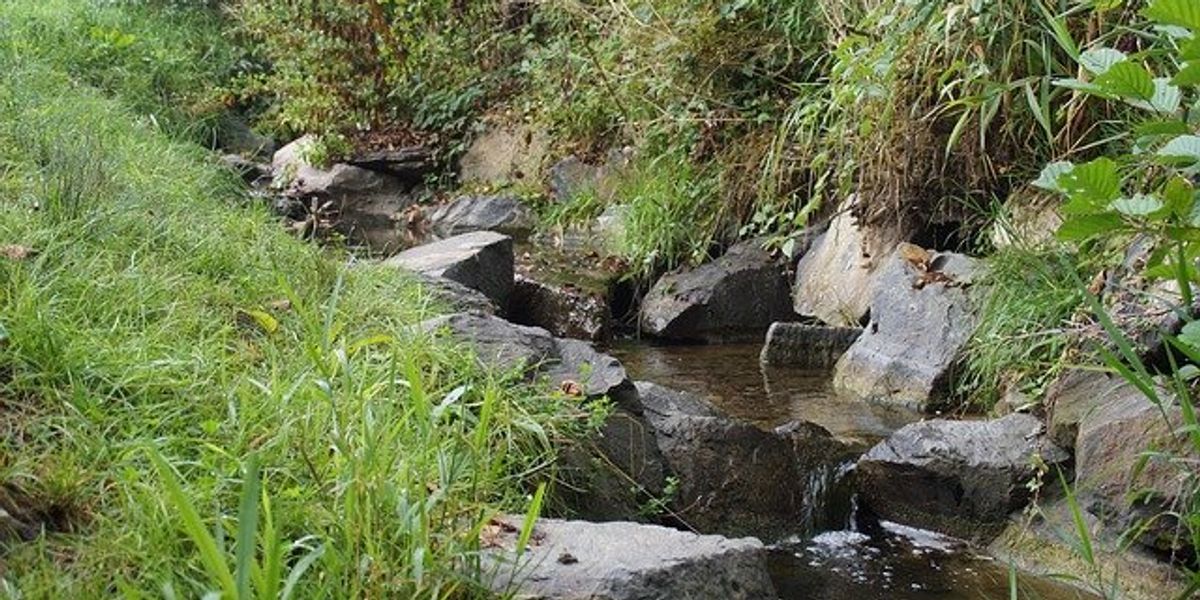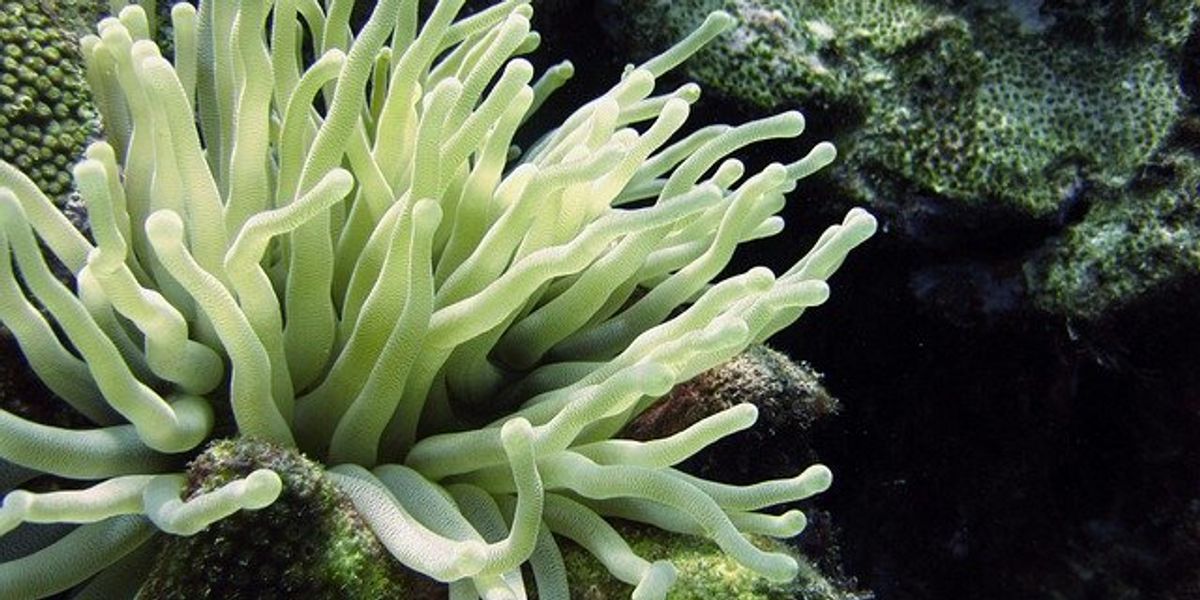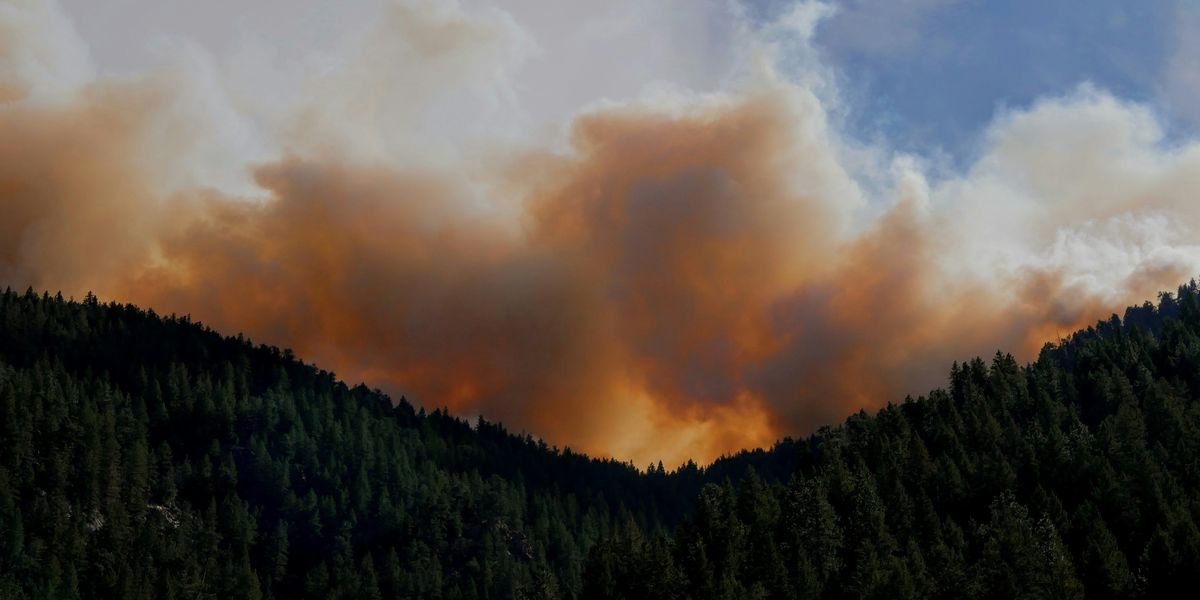ivf
Wildfire smoke may harm IVF outcomes in affected areas
Women undergoing IVF in regions impacted by wildfires may face challenges in conception due to exposure to poor air quality, according to a study from Oregon Health & Science University.
In short:
- A study linked wildfire smoke with reduced effectiveness of IVF treatments, particularly in producing blastocysts.
- Researchers observed these effects in women undergoing IVF during the 2020 Oregon wildfires.
- The study suggests using air filtration and protective measures for women in wildfire-prone areas.
Key quote:
“Minimizing exposure as much as possible is probably best, not just for reproduction, but for all facets of health.”
— Dr. Molly Kornfield, assistant professor of reproductive endocrinology and infertility at the OHSU Center for Women’s Health
Why this matters:
As wildfires become more frequent, understanding their impact on health, including fertility, is vital. This research highlights the importance of mitigating poor air quality for better reproductive outcomes.
Related EHN coverage:
Hurricane Ian disrupts IVF treatment for Florida couple
A Florida couple's hopes for a baby were shattered when Hurricane Ian forced the cancellation of their long-awaited IVF procedure.
In short:
- Kirsti and Justin Mahon had spent years and significant financial resources on IVF to overcome infertility.
- Their final embryo transfer was canceled due to Hurricane Ian, causing emotional and financial strain.
- IVF clinics, like many infrastructures, are vulnerable to climate change-induced storms, complicating already delicate procedures.
Key quote:
“Clearly, climate change means you are having more extreme weather events, and [I] think that, like every other part of society, from homeowners to hospitals, fertility clinics have to think a bit more about how they can build more resilient systems.”
— Scott Tipton, chief advocacy and policy officer with the American Society of Reproductive Medicine
Why this matters:
Climate change is intensifying storms, disrupting critical medical treatments like IVF. As extreme weather events become more frequent, the need for resilient healthcare infrastructure grows, impacting the emotional and physical well-being of vulnerable individuals and families.
Coral IVF trial offers hope of renewal for Australia's Great Barrier Reef
Coral populations from Australia's first "Coral IVF" trial on the Great Barrier Reef in 2016 have not only survived recent bleaching events, but are on track to reproduce and spawn next year.















